Stack Overflow temporarily bans ChatGPT from platform
The platform’s moderators aim to limit answers created using the AI tool, citing accuracy concerns


Sign up today and you will receive a free copy of our Future Focus 2025 report - the leading guidance on AI, cybersecurity and other IT challenges as per 700+ senior executives
You are now subscribed
Your newsletter sign-up was successful
Stack Overflow has made the decision to temporarily stop answers being posted on its platform that are created using the ChatGPT AI-powered natural language processor (NLP).
The moderators of the software engineering knowledge exchange platform said that it’s a temporary policy aiming to slow down the rise in answers created with the AI tool.
RELATED RESOURCE
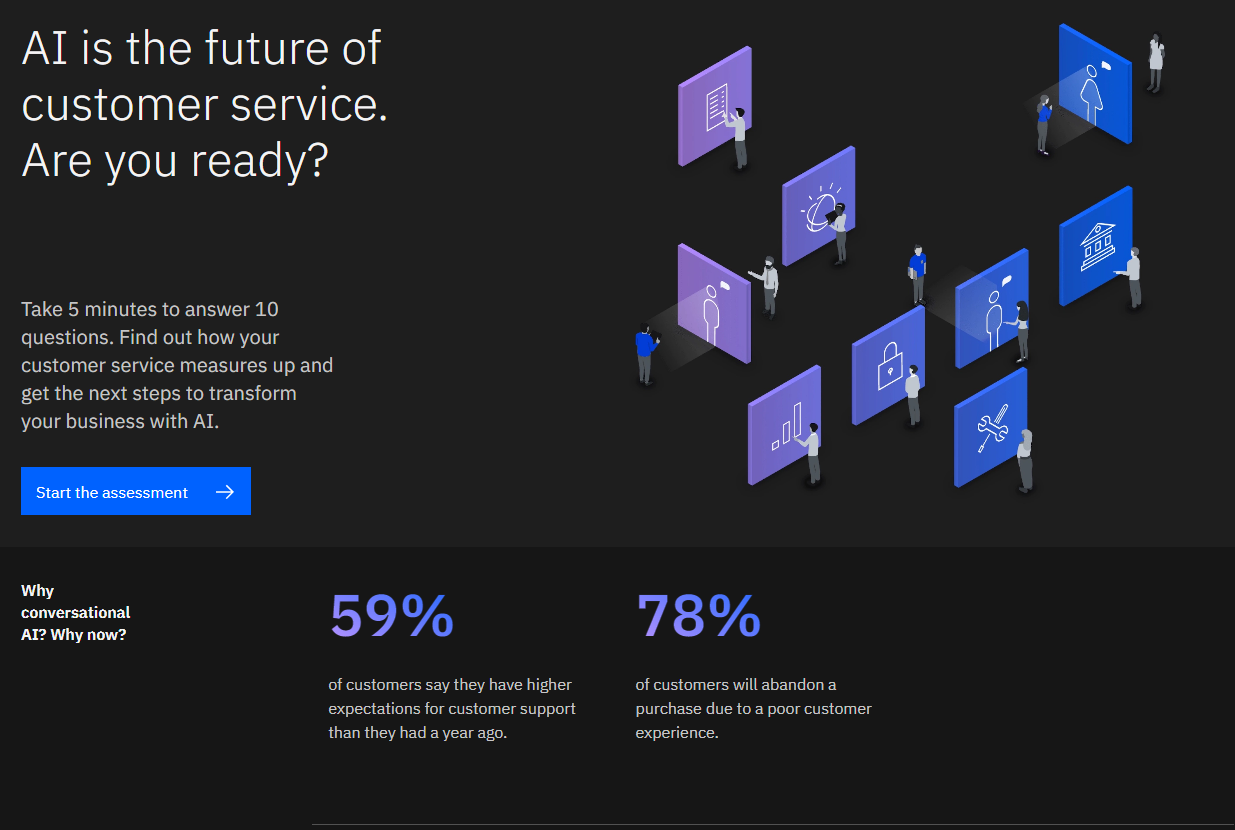
The decision was made since the average rate of getting a ChatGPT answer that is correct is 'quite low', said the moderators. Due to this, accepting ChatGPT answers to the site is “substantially harmful” not only to Stack Overflow but also to users looking for solutions to their problems.
In the post, moderators said that the main issue is that the answers have a high rate of being incorrect but appear to look authentic, as well as being very easy to create.
“There are also many people trying out ChatGPT to create answers, without the expertise or willingness to verify that the answer is correct prior to posting,” said the moderators.
“Because such answers are so easy to produce, a large number of people are posting a lot of answers. The volume of these answers (thousands) and the fact that the answers often require a detailed read by someone with at least some subject matter expertise in order to determine that the answer is actually bad has effectively swamped our volunteer-based quality curation infrastructure.”
This has led the moderators to ban the use of ChatGPT to create posts on the platform. If a moderator believes that a user has broken this policy, sanctions are set to be imposed to stop users from continuing this behaviour, even if normally the post would be acceptable. The moderators didn’t clarify what these sanctions would be.
Sign up today and you will receive a free copy of our Future Focus 2025 report - the leading guidance on AI, cybersecurity and other IT challenges as per 700+ senior executives
The platform is still developing a final policy on the use of ChatGPT and similar AI tools which it said will need to be discussed with staff as well as users on Meta Stack Overflow.
ChatGPT is an AI-driven NLP created by OpenAI. It acts as an interface with which users can send prompts and it will return answers. It can simply respond to questions using natural language, as well as suggest additions or completions in code, and in some cases, spot security vulnerabilities in a codebase.
It uses a dialogue format where the tool can answer follow-up questions or reject inappropriate requests. However, OpenAI stated on its website that ChatGPT has several limitations, including that it sometimes writes “plausible-sounding but incorrect or nonsensical answers.”
Its creators said this is hard to fix, as during reinforcement learning there’s no source of truth and training it to be more cautious makes it decline questions that it’s able to answer correctly.
When IT Pro asked the AI tool what the problems are with ChatGPT, it produced this result:
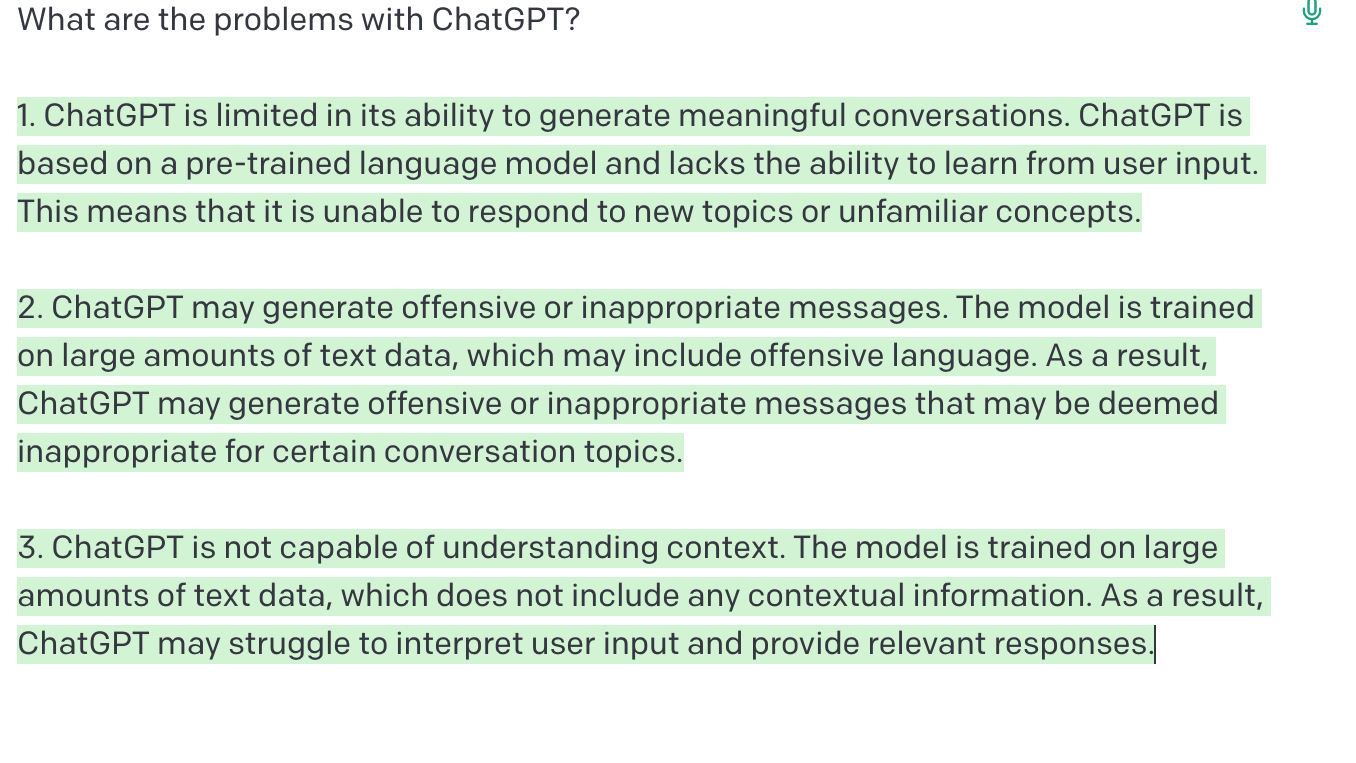
Since the launch of ChatGPT on 30 November, tech enthusiasts have experimented with the API. People have found wide uses for it from the fun, such as text-based adventure games, to the professional, such as potentially innovative ways to educate students on various topics.
the advent of the technology has impressed individuals across the sector and some have claimed it's one of the biggest technological advancements of the year.
However, this isn’t the first AI tool from OpenAI to have problems. In November 2021, OpenAI brought to market its GPT-3 natural language processing API.
It opened up the technology to help developers make applications faster. However, it had been described in the past as “too dangerous to release to the general public” since there were fears over its ability to produce fake news that appeared to be real.
Zach Marzouk is a former ITPro, CloudPro, and ChannelPro staff writer, covering topics like security, privacy, worker rights, and startups, primarily in the Asia Pacific and the US regions. Zach joined ITPro in 2017 where he was introduced to the world of B2B technology as a junior staff writer, before he returned to Argentina in 2018, working in communications and as a copywriter. In 2021, he made his way back to ITPro as a staff writer during the pandemic, before joining the world of freelance in 2022.
-
 Researchers call on password managers to beef up defenses
Researchers call on password managers to beef up defensesNews Analysts at ETH Zurich called for cryptographic standard improvements after a host of password managers were found lacking
-
 Is there a future for XR devices in business?
Is there a future for XR devices in business?In-depth From training to operations, lighter hardware and AI promise real ROI for XR – but only if businesses learn from past failures
-
 Large enterprises could be wavering on AI adoption
Large enterprises could be wavering on AI adoptionNews AI adoption rates have dipped, but it's probably nothing to worry about for IT leaders
-
 Nearly half of workers think using AI makes them look lazy and incompetent
Nearly half of workers think using AI makes them look lazy and incompetentNews AI adoption is slowing among desk workers, driven by uncertainty around its permissibility in the workplace
-
 UK government trials chatbots in bid to bolster small business support
UK government trials chatbots in bid to bolster small business supportNews The UK government is running a private beta of a new chatbot designed to help people set up small businesses and find support.
-
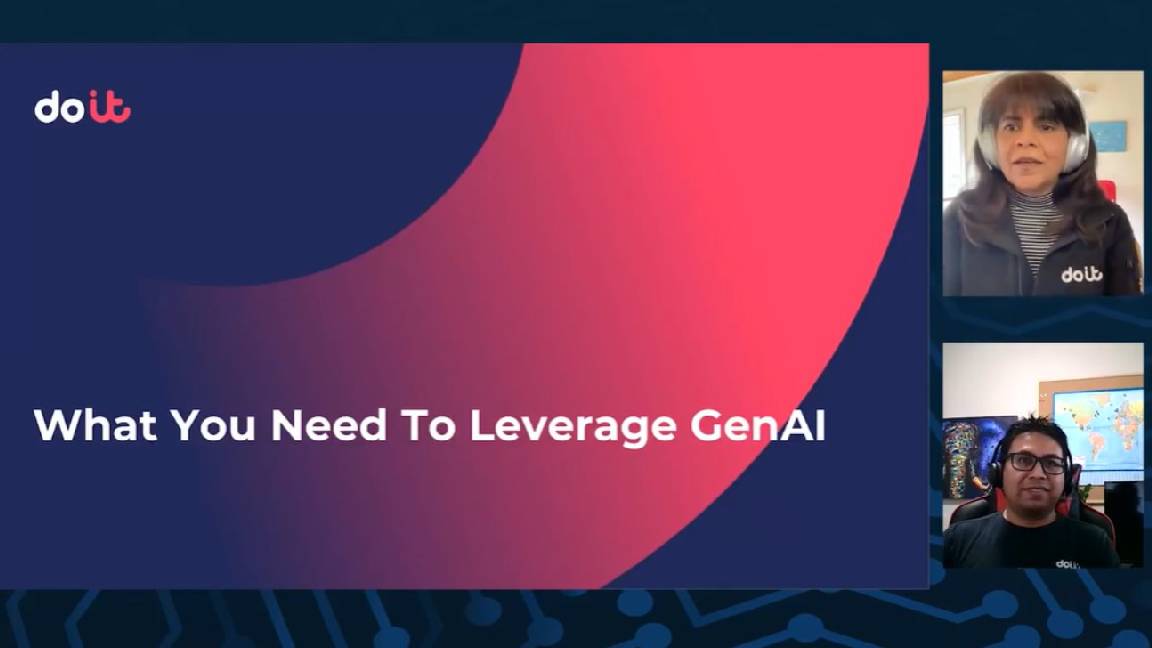 What you need to leverage genAI
What you need to leverage genAIWhitepaper What you need to leverage genAI
-
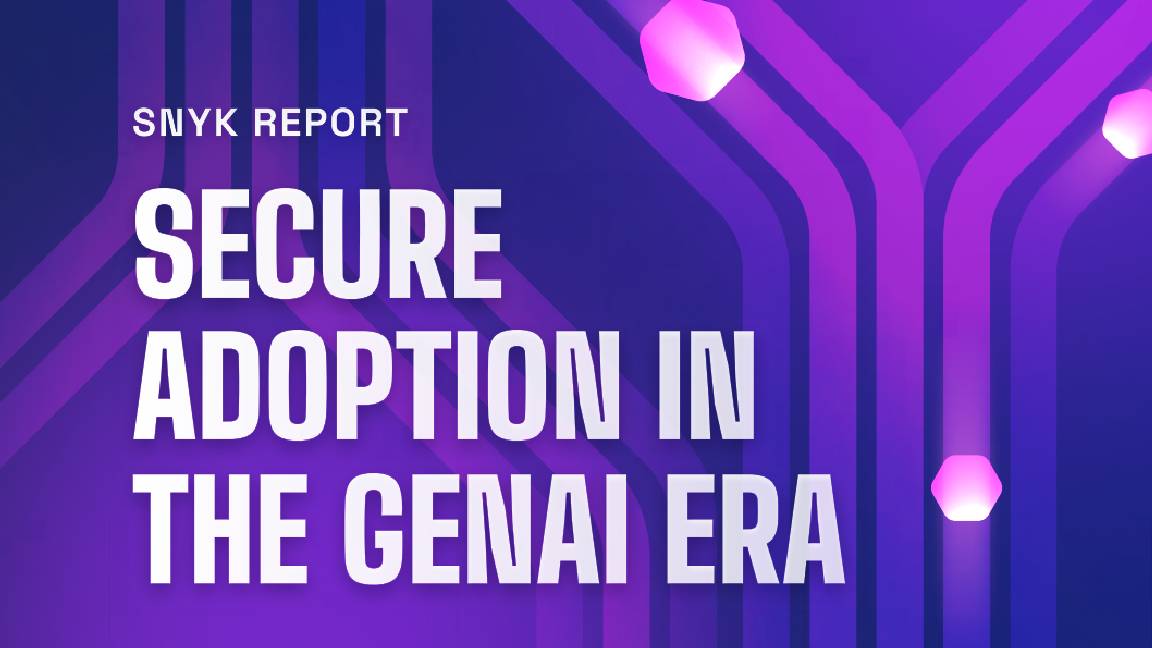 AI Survey Report
AI Survey ReportWhitepaper Level up your AI game with secure GenAI adoption
-
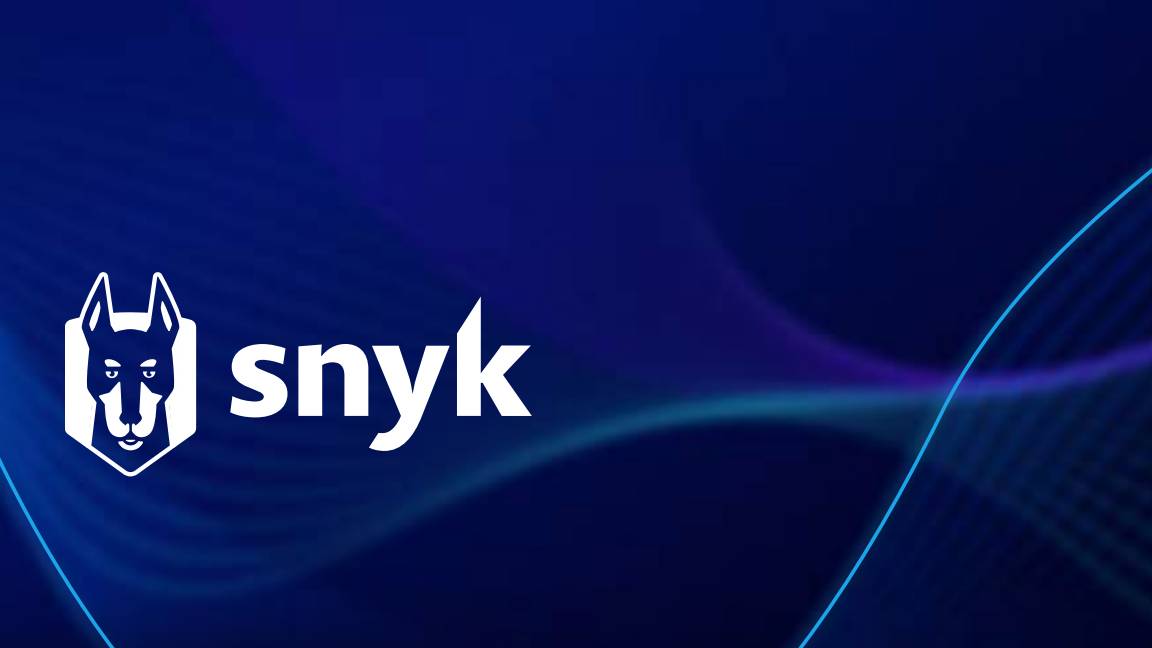 AI Code security report: Organizations must change their approach
AI Code security report: Organizations must change their approachWhitepaper 56.4% say insecure AI suggestions are common — but few have changed processes to improve AI security
-
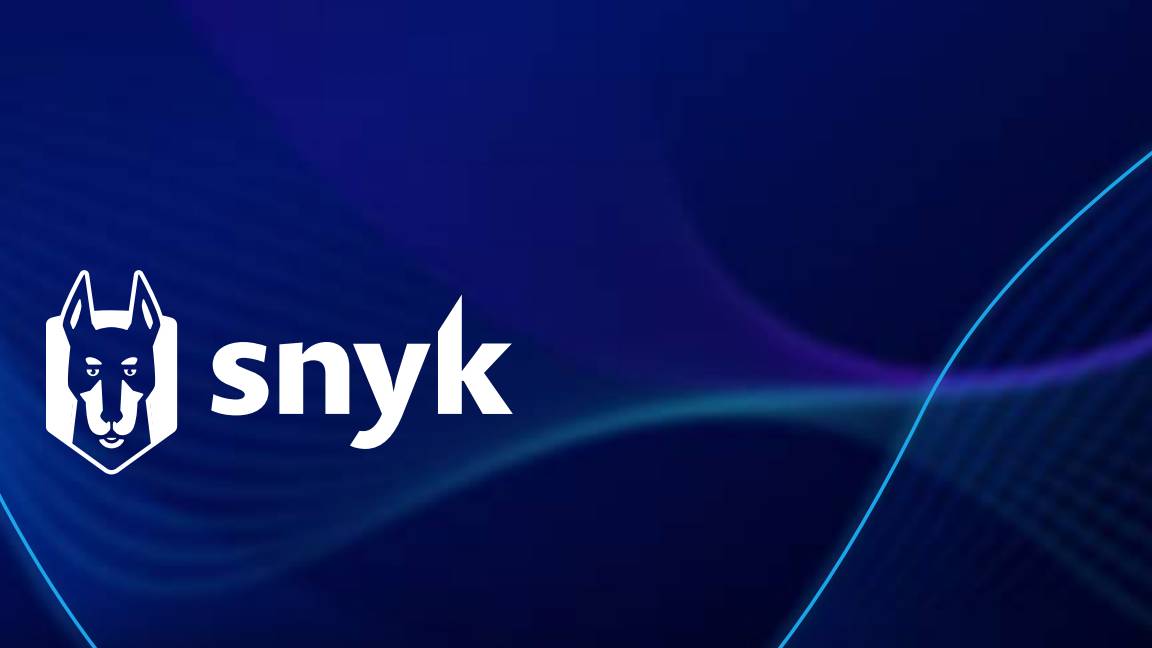 Gen AI buyer’s guide
Gen AI buyer’s guideWhitepaper Protecting businesses from AI-generated code vulnerabilities
-
 Achieving business outcomes with generative AI
Achieving business outcomes with generative AIWebinar Take your hybrid cloud journey to the next level with generative AI
